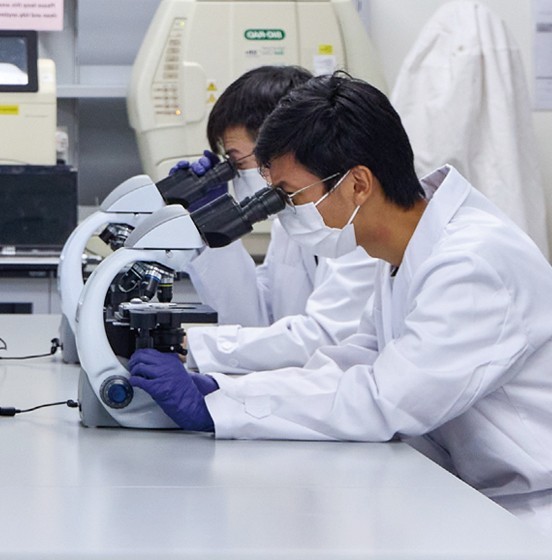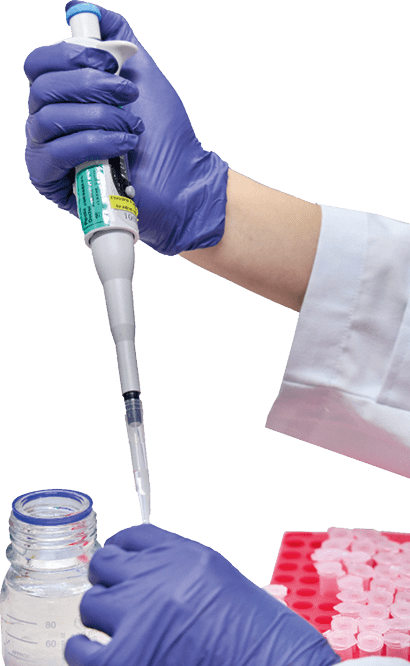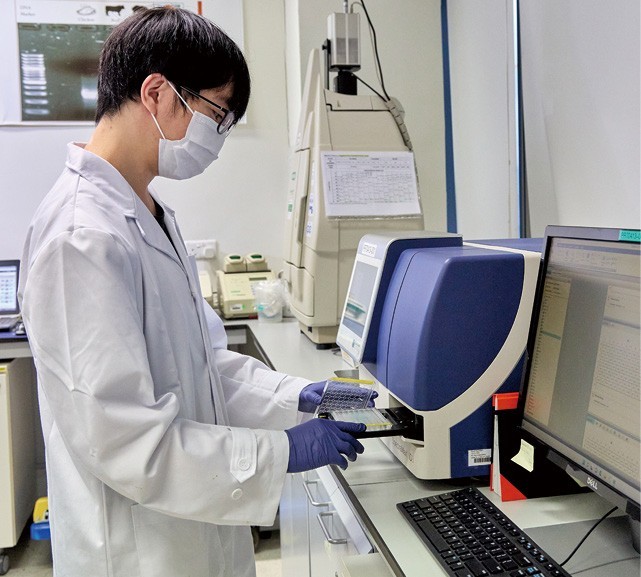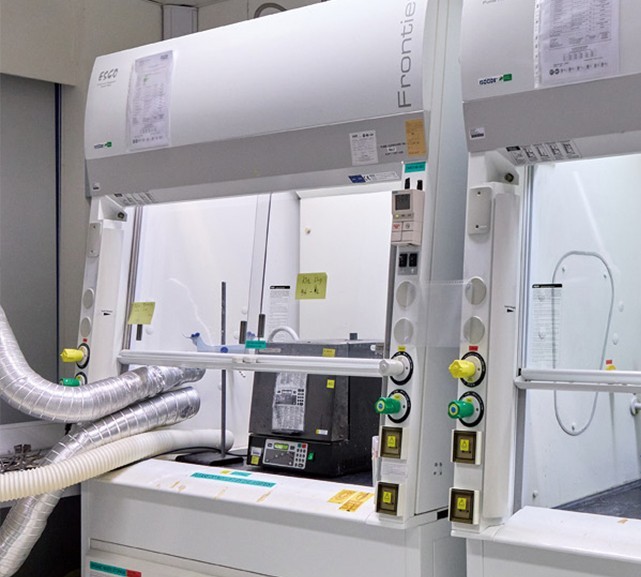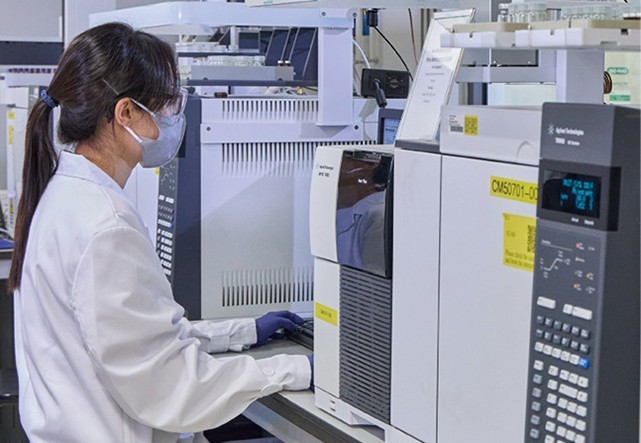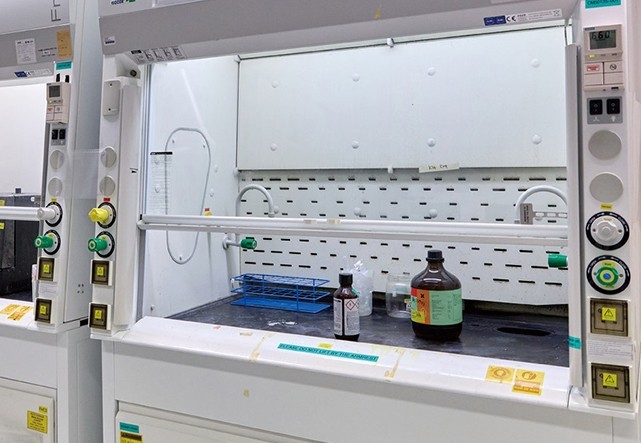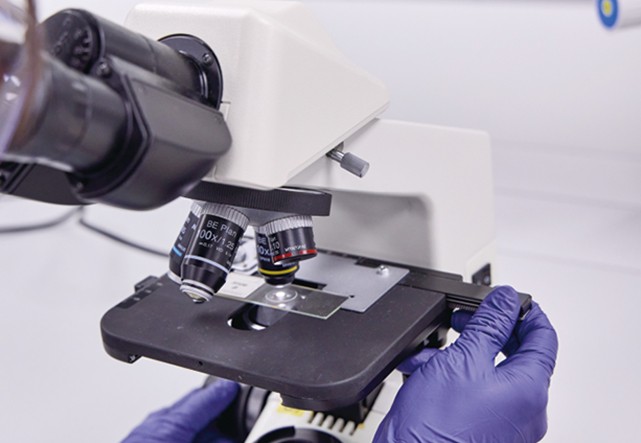This website uses cookies so that we can provide you with the best user experience possible. Cookie information is stored in your browser and performs functions such as recognising you when you return to our website and helping our team to understand which sections of the website you find most interesting and useful.
Privacy Overview



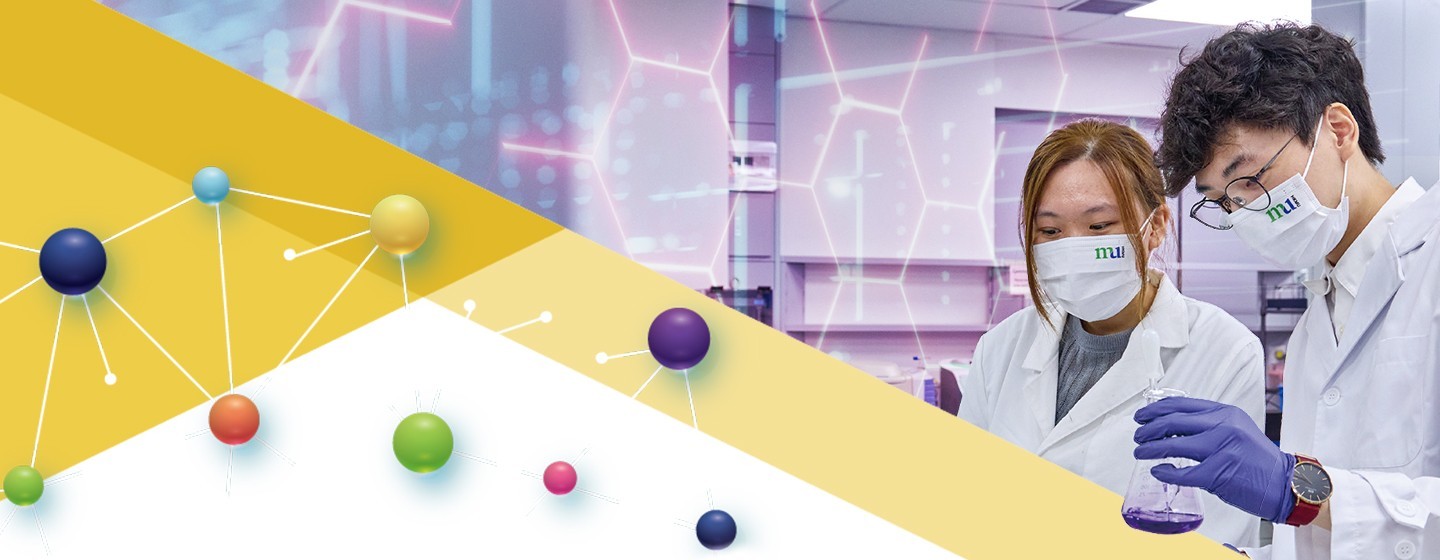
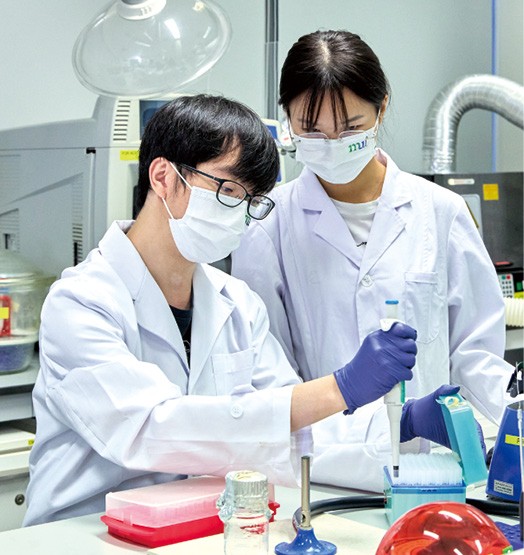 One profession, apart from frontline healthcare, has drawn a lot of attention during
the pandemic: the medical laboratory industry. While there has always been a
shortage of medical laboratory technologists in Hong Kong, successive outbreaks of
COVID-19 since 2020 have put our clinical lab testing capacity under unprecedented
tests. In 2021, an updated healthcare manpower projection by the Food and Health
Bureau suggested a persistent increase in demand in the next decade or so, with a
shortage of 328 full-time equivalents in 2040. Immediately, HKMU rose to the challenge,
developing new programmes to train fresh blood for the industry.
One profession, apart from frontline healthcare, has drawn a lot of attention during
the pandemic: the medical laboratory industry. While there has always been a
shortage of medical laboratory technologists in Hong Kong, successive outbreaks of
COVID-19 since 2020 have put our clinical lab testing capacity under unprecedented
tests. In 2021, an updated healthcare manpower projection by the Food and Health
Bureau suggested a persistent increase in demand in the next decade or so, with a
shortage of 328 full-time equivalents in 2040. Immediately, HKMU rose to the challenge,
developing new programmes to train fresh blood for the industry. 